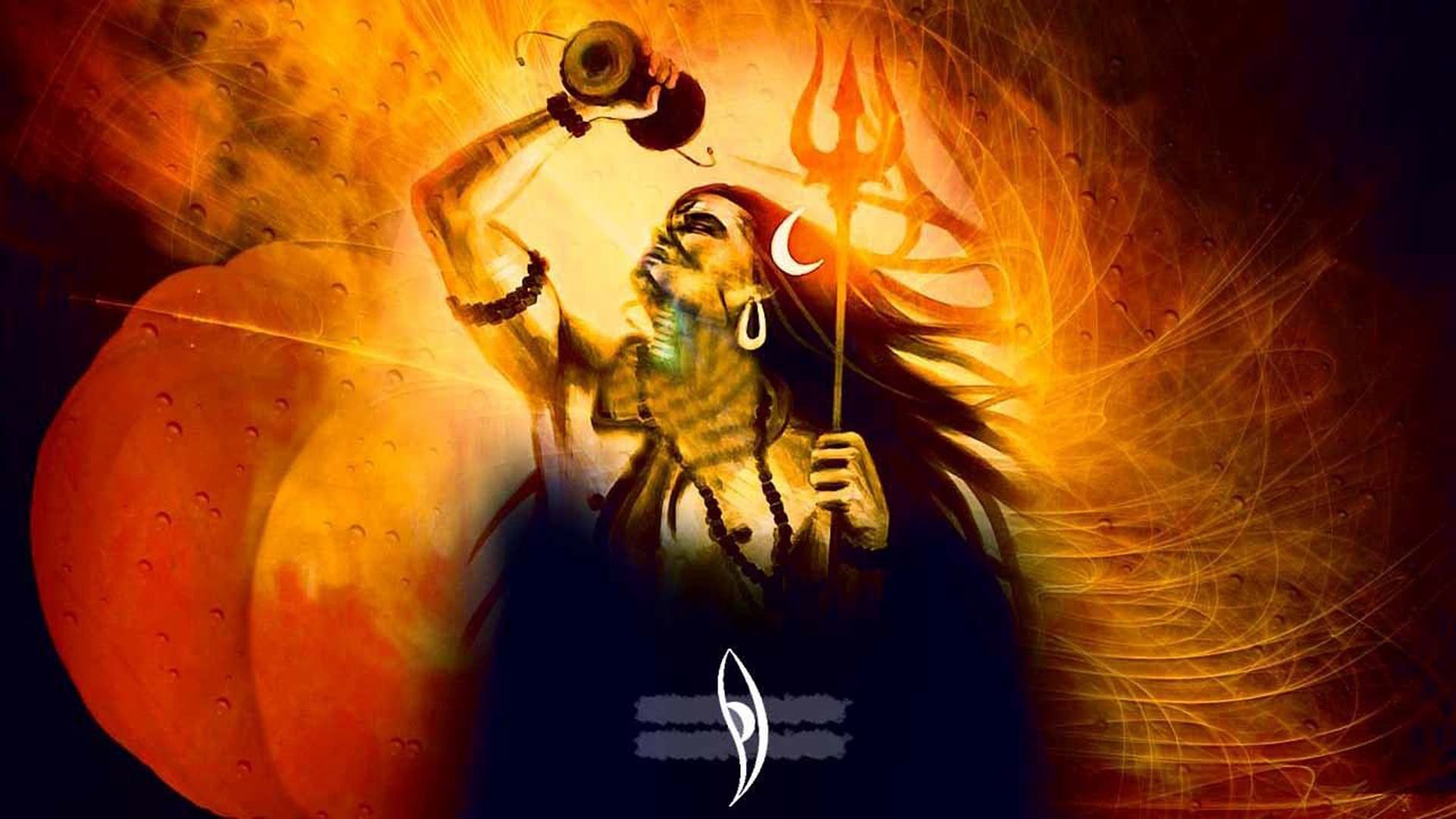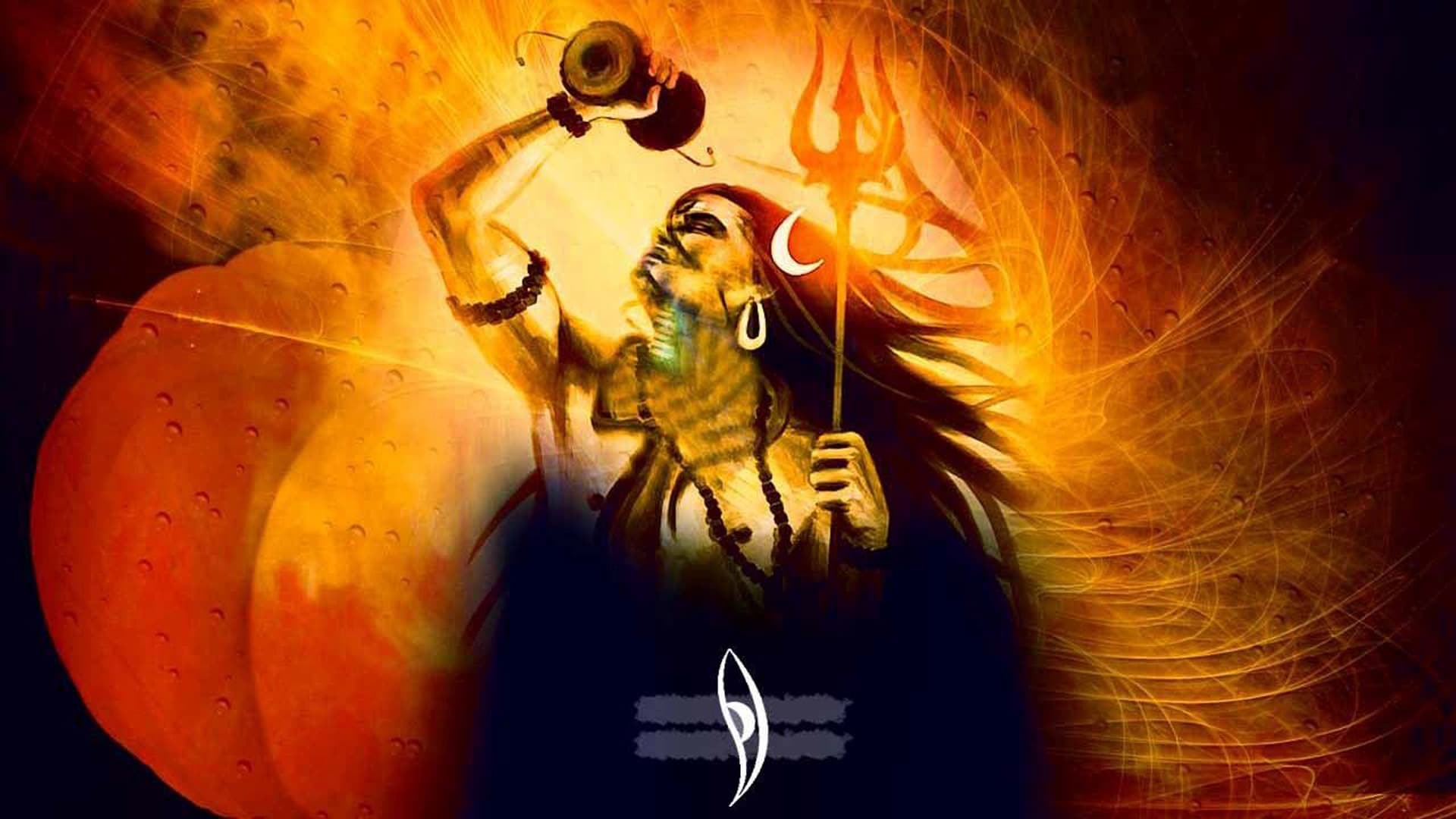Chanting Lord Shiva’s mantra is like bathing the soul in pure cosmic energy
Each repetition of Shiva’s mantra is a step away from bondage and a leap toward liberation


Shiv ji Mantra
Introduction to Lord Shiva
Lord Shiva, the eternal and most revered deity of Hinduism, is the embodiment of absolute consciousness, destruction, transformation, and timeless grace. Worshipped as the Supreme among the Trinity (Trimurti), He is the silent yogi, the compassionate protector, and the fierce destroyer of ignorance and ego. This sacred compilation presents some of the most powerful and revered Shiva mantras, carefully selected for daily worship, special rituals, and advanced spiritual practices like Rudrabhishek. Among them are the Moola Mantra, Shiva Gayatri, Rudra Gayatri, and essential Abhishek mantras used during offerings to the sacred Shiva Linga.
Shiv Mool Mantra
ॐ नमः शिवाय॥ Om Namah Shivaya॥
Shiva Panchakshari Mantra
"Namah Shivaya" — the five-syllable (Panchakshari) mantra — is the most sacred and essential chant dedicated to Lord Shiva. Known as His Moola Mantra, it carries Shiva’s purest vibration. Simple yet deeply powerful, it is ideal for daily chanting, meditation, and spiritual awakening. Repeating this mantra purifies the mind, removes negativity, and leads the soul toward peace and liberation.
Maha Mrityunjaya Mantra.
ॐ त्र्यम्बकं यजामहे सुगन्धिं पुष्टिवर्धनम् , उर्वारुकमिव बन्धनान् मृत्योर्मुक्षीय मामृतात्॥
Om Tryambakam Yajamahe Sugandhim Pushti-Vardhanam ,Urvarukamiva Bandhanan Mrityormukshiya Mamritat॥
Explanation:
This is one of the most powerful and ancient Vedic mantras dedicated to Lord Shiva. It is chanted for healing, protection from untimely death, removal of fears, and for spiritual liberation (moksha). The mantra invokes Lord Shiva as the three-eyed (Tryambakam) one, the nourisher of life, asking Him to release the soul from the bondage of death, just as a ripe fruit naturally separates from the vine.
Shiva Gayatri Mantra
(Also known as Rudra Gayatri or Tatpurusha Gayatri)
ॐ तत्पुरुषाय विद्महे महादेवाय धीमहि ,तन्नो रुद्रः प्रचोदयात्॥
Om Tatpurushaya Vidmahe Mahadevaya Dhimahi ,Tanno Rudrah Prachodayat॥
Explanation:
This sacred mantra is dedicated to Lord Shiva in His supreme form as Tatpurusha and Rudra. It is a Gayatri-style mantra, chanted to seek divine wisdom, protection, and spiritual enlightenment. The mantra prays to Mahadev (the Great God) to illuminate and guide our intellect through the fierce yet compassionate energy of Rudra.
Dakshinamurti Dhyana Mantra
(Also known as the Medha–Prajna Mantra)
ॐ नमो भगवते दक्षिणामूर्तये। मह्यं मेधां प्रज्ञां प्रयच्छ स्वाहा॥
Om Namo Bhagawate Dakshinamurtaye। Mahyam Medham Prajnam Prayachchha Swaha॥
This powerful mantra is dedicated to Bhagavan Dakshinamurti, a form of Lord Shiva as the eternal teacher and giver of supreme wisdom. It is chanted to seek divine blessings for intellect (medhā), clarity (prajñā), and spiritual knowledge. In certain traditions, this mantra is also believed to aid in Santān Prapti (blessings of progeny/children), as Lord Dakshinamurti is invoked for inner purity, mental strength, and sacred continuity of knowledge through future generations.
Mrityunjaya Protection Mantra
ॐ मृत्युञ्जय महादेव त्राहि मां शरणागतम्। जन्म-मृत्यु-जरा-व्याधिपीडितं कर्मबन्धनैः॥
Om Mrityunjaya Mahadeva Trahi Mam Sharanagatam। Janma-Mrityu-Jara-Vyadhipidaitam Karma-Bandhanaih॥
Explanation:
This mantra is a heartfelt appeal to Lord Mrityunjaya (Shiva), the conqueror of death. The devotee surrenders completely and seeks protection from the sufferings of birth, death, old age, disease, and karmic bondage. It’s a powerful chant for relief, healing, and liberation.
Chanting Guidance:
- Minimum: 11 or 21 times daily for general protection
- For intense healing or relief: 108 times or more (preferably with a Rudraksha mala)
- Best Time: Early morning or during Pradosh Kaal
- especially on Mondays or Trayodashi Tithi